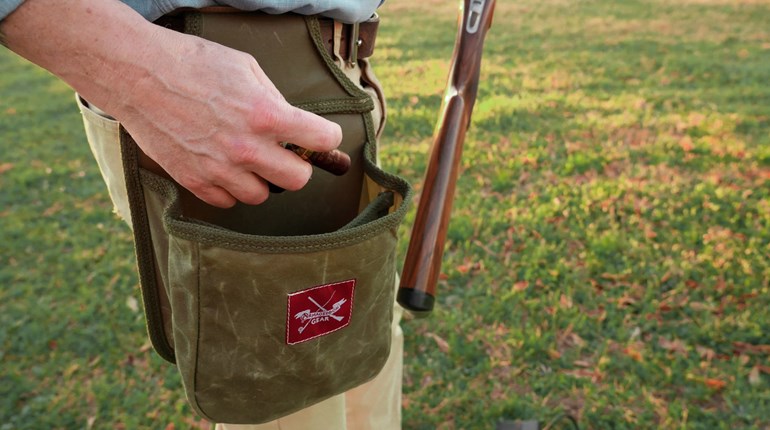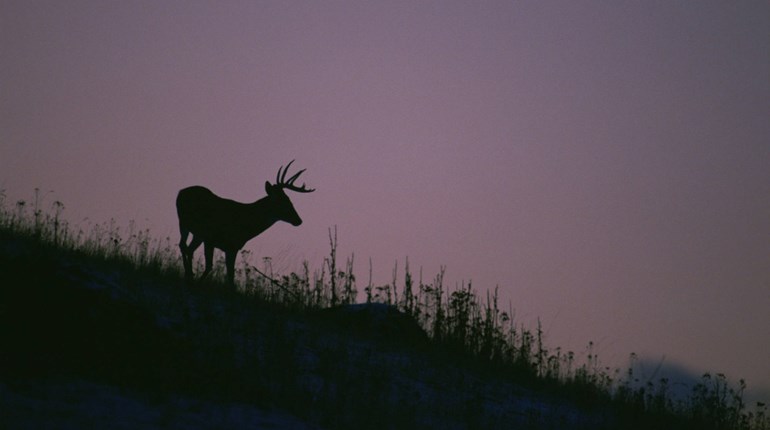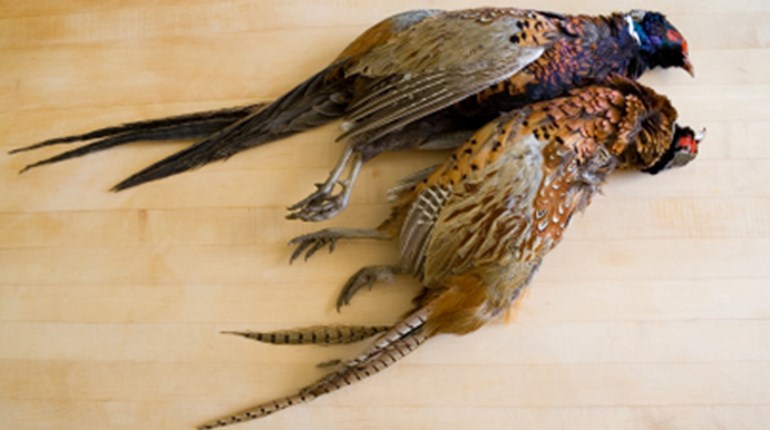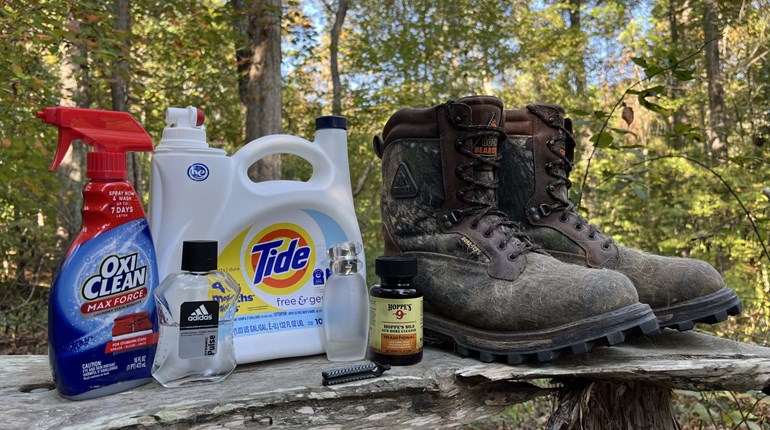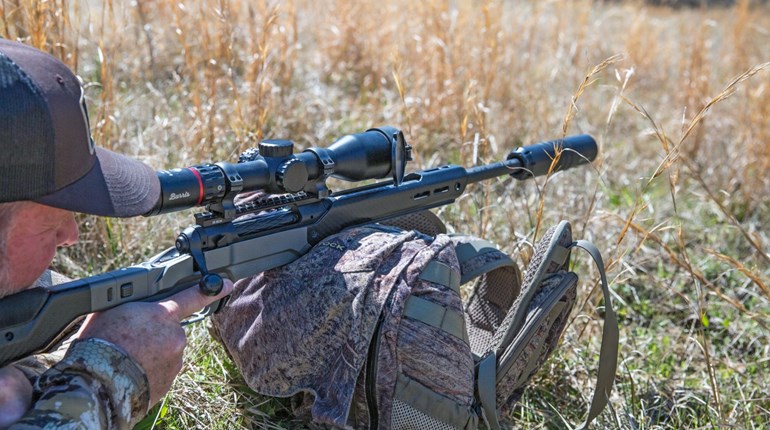
Children carry more than just our genetic code. They also bear our hopes, dreams and fears of providing a life saturated with happiness and fulfillment. For outdoorsmen, children also carry the future of our hunting heritage, and by imparting our knowledge and inundating them with positive experiences in the field, we hope that they find the same love and respect for nature that we feel.
While there is much we can teach our kids about hunting, fishing, conservation and the environment, more often than not they can teach us, too. If we slow down and look at the world through the eyes of a child, we'll often rediscover what drew us to this passion in the first place. Likewise, they can also test our fortitude while simultaneously causing us to examine, and sometimes change, how and why we do what we do.
With that said, here are the top five things children can teach us about hunting and the outdoors:
Patience: Hunting, and fishing don't hold a candle to the patience you must have when dealing with a child on a day-to-day basis. In the field, under specific time and space constraints, that need for mental stamina magnifies tenfold.
If, however, you can force yourself to slow down and cope with extra gear, slower strides, endless bathroom breaks, physical and mental fatigue, unlimited questions and easily sidetracked munchkins, then the experience for you both will be that much richer in hindsight. And, hopefully, your patience will manifest itself in an enriching experience that cultivates a love of the outdoors within your children and becomes something they feel necessary to pass on as well.
Possibilities/Imagination: Nowhere do possibilities exist in such an endless supply as they do in the imagination of a child. As the father of a 4-year-old boy, Tuck (pictured above with the author), who has conjured up a creature called a "Bociser"—something that is at once part dragon, flying dinosaur and robot, with laser-blasting eyes, rockets and is three-stories tall, yet can live in the small rock pile across the field from our place—I know this as fact.
Possibilities and imagination abound in hunting and fishing. They are what drive us to climb into treestands, blinds and boats when freezing temperatures, impending weather and early morning darkness compel society's seemingly sane to stay in warm, comfortable beds.
Without those what-if, what-might-be moments-most likely at that magical time of dawn and dusk, but just as possible every moment we're afield-there would be far fewer reasons to leave that comfortable bed. Skies can blacken with ducks, the next state-record whitetail could emerge from that bedding area and you just might experience a once-in-a-lifetime moment, but you'll never know unless you imagine the possibilities and get up and go. Youthful optimism demands you dream, otherwise you might as well golf.
Ethics and safety: Once a child enters the picture, your life changes forever. Gone are the days of irresponsible bachelorhood: taking off on a moment's notice, skirting safety precautions and perhaps even pushing ethical boundaries. When adolescent eyes are watching, the mass of responsibility weighs heavier on the conscience and drives us to not only set a higher standard but also to see that we stick around to witness our offspring grow up.
Children are mimes that imitate not only what they hear, but also what they see. A momentary lapse in our judgment can set an example that might later endanger a son or daughter-be it our own or that of an acquaintance. Through the lens of responsibility, every little aspect of safety- from firearms and trip planning to treestand harnesses and life jackets-and ethical use of the land and animals comes into sharp focus.
The little things: If you've spent any time at all with a child, you know their attention to detail can astound even the most critical of adults. They don't view the world as a mosaic within the space-time continuum, rather their entire universe exists exactly where they're standing, at the precise moment they're standing there. From every rock in a pile to every leaf on a bush, the small things matter most to children and fill their lives with possibilities.
It's those little things: sunrises and sunsets, the aroma of a spring bloom or rutting elk in the fall, the view from your stand and the small experiences we share with campmates and hunting buddies that matter most. We often forget that it's not about filling a limit or dropping a trophy until we view the world alongside our children.
Appreciation: As the saying goes: "You don't know what you got until it's gone." Weekend hours spent in solitude or with close-knit friends afield are quickly replaced with sports, sleepovers and other social commitments that revolve around a child's schedule and developmental needs and not necessarily your own. That time lost afield can spur a great appreciation for not only those moments when you do get to reconnect with nature, but also those fleeting instances shared with an increasingly busy child. My friend, and new father, Mike De Hoog summed it very well:
"My baby daughter has reminded me how much I miss fishing as much as I used to go, yet I wouldn't trade the moments I've shared with her for anything. Although spontaneous trips are a thing of the past for quite awhile, I can't wait to get her out on the water for some dad/daughter time."












